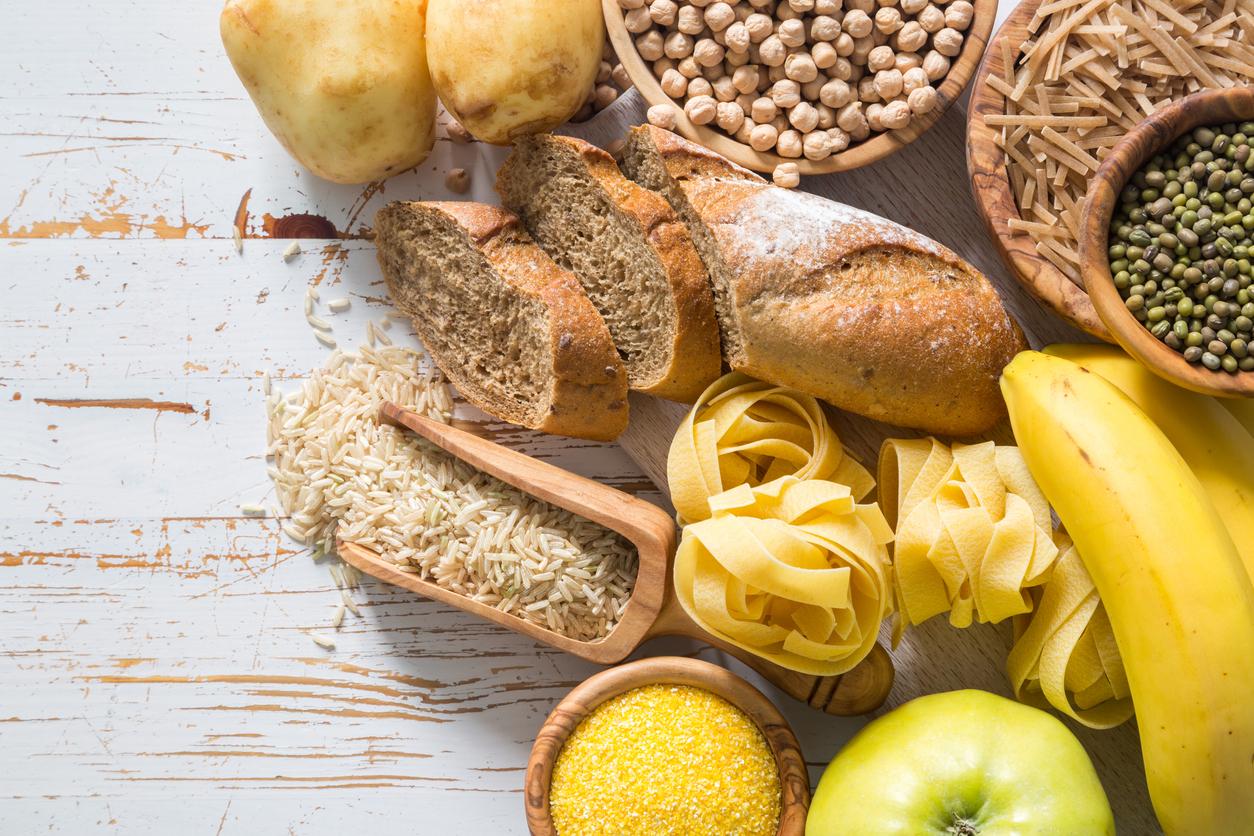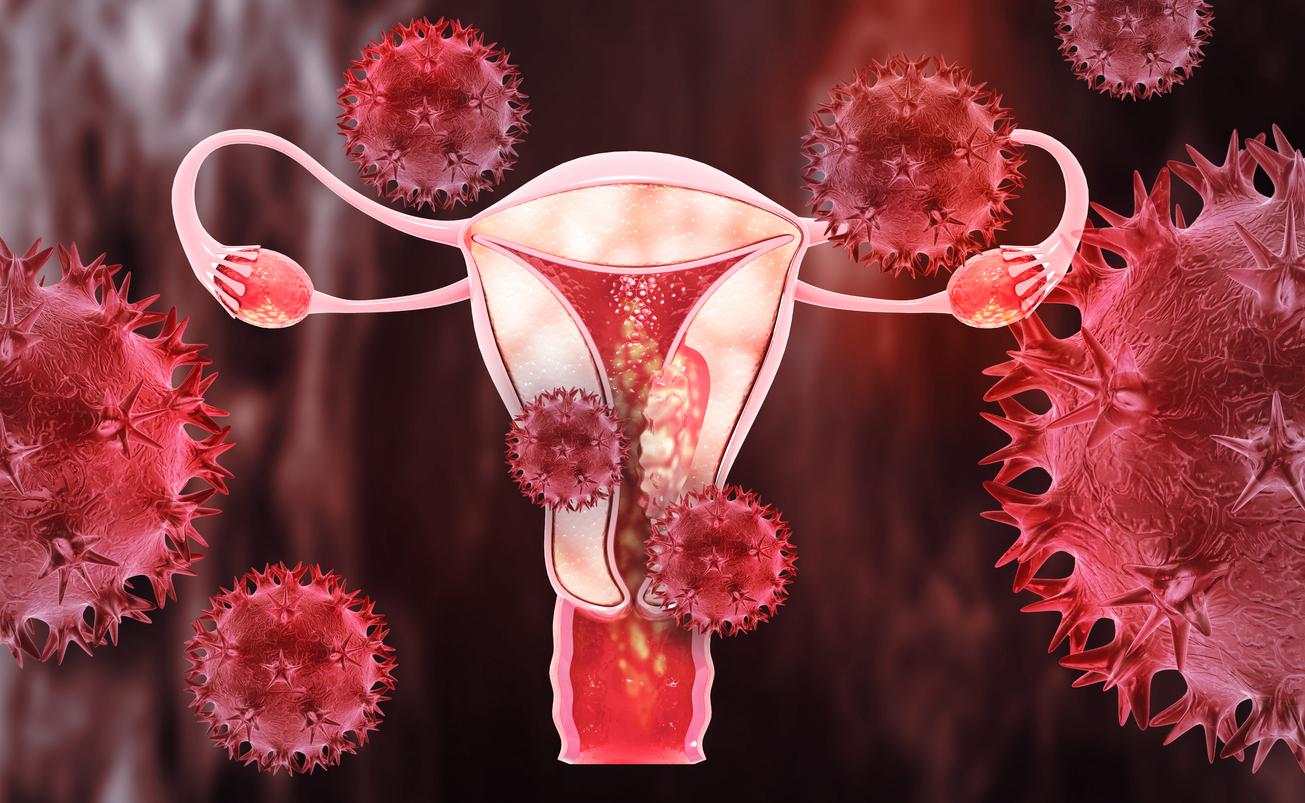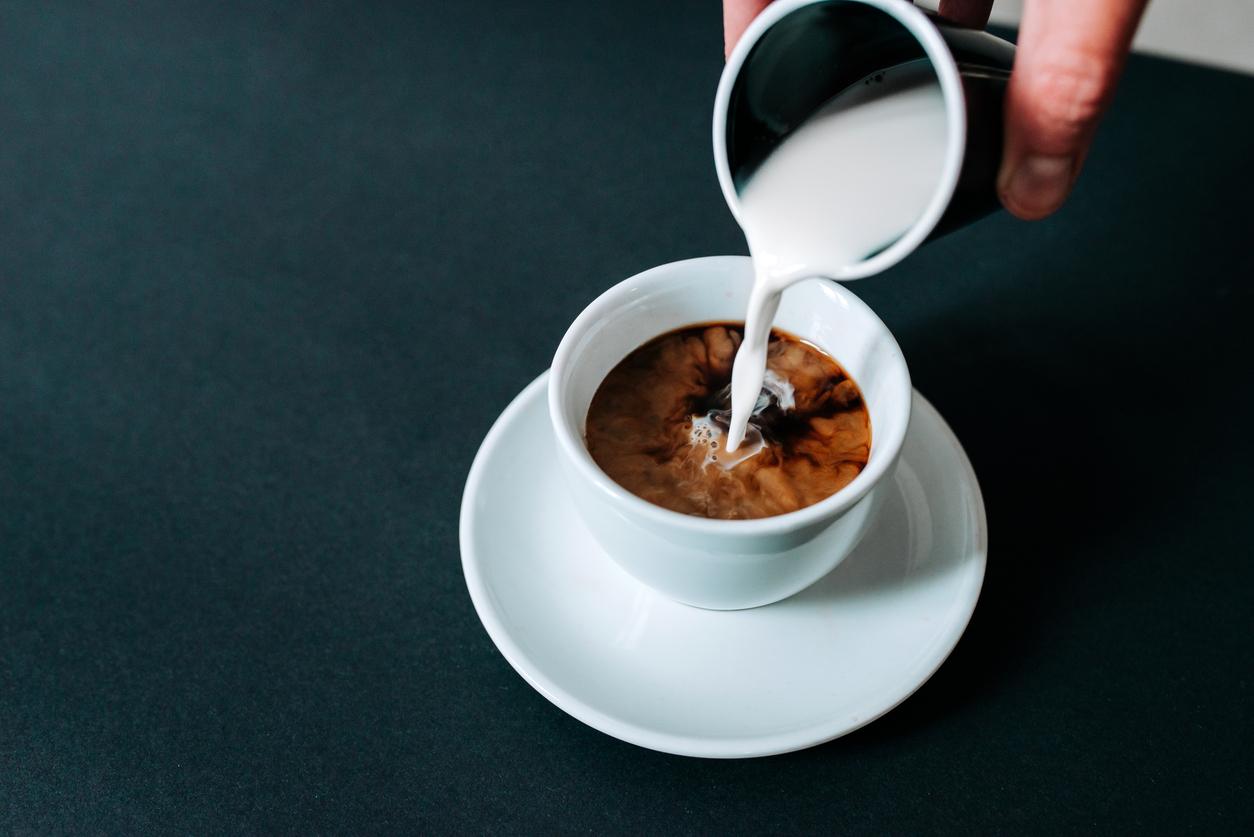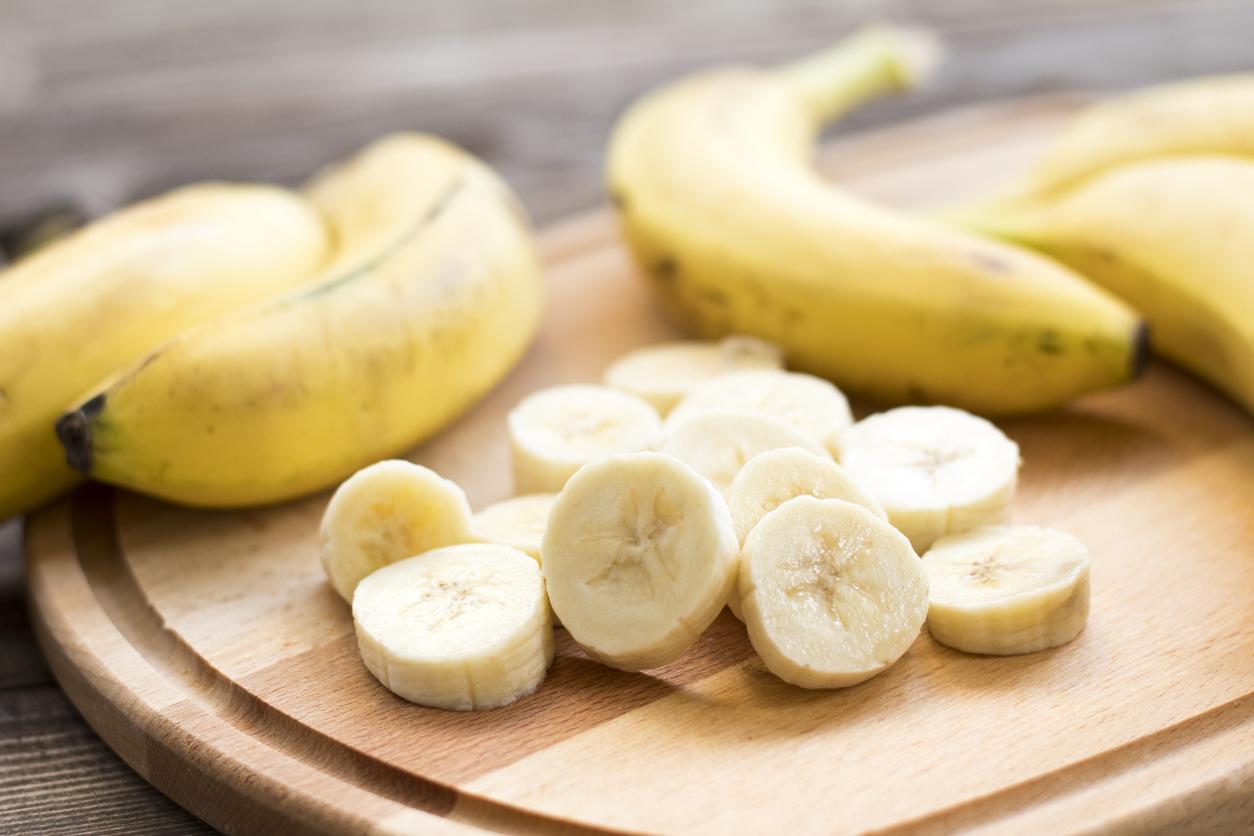
Professor Renger Witkamp about the cracker test
Have you heard of the cracker test? With this simple test you could measure how well you digest carbohydrates. And that would also say something about how quickly carbohydrates make you fat. But is it all scientifically substantiated?
First an explanation of the cracker test, which comes from the American book ‘The DNA Restart’ by Dr. Sharon Moalem. It’s a simple test that takes less than two minutes. All you need is an (unsalted) cracker and a stopwatch. Take a bite of the cracker, turn on the stopwatch and start chewing without swallowing. While you chew, pay close attention to the taste of the cracker. Does this get sweeter? Then stop the stopwatch. In the BBC documentary ‘The truth about carbs’ a few students took the cracker test under the supervision of the British doctor Dr. Xand van Tulleken. The result? The fastest student tasted something sweet after 17 seconds and others only after 35 seconds. In some students, the taste of the cracker did not change even after chewing for a longer period of time: they tasted no sweetness at all.
Digestion of carbohydrates
How come the cracker gets sweet when you chew it? We asked Prof. Renger Witkamp, professor of nutritional biology at Wageningen University: ‘That’s because the digestion of carbohydrates already starts in the mouth. There’s an enzyme there, called amylase, that can break down the starch, in this case from the cracker. Starch consists of a kind of string of glucose molecules. Starch itself doesn’t taste sweet, but once it’s broken down into glucose molecules, the taste changes. Because glucose does taste sweet.’ How come some people react faster to the cracker test than others? Witkamp: ‘Everyone has a different amount of amylase in their mouth. It’s in your genes. Those who have a lot of amylase in their mouth will therefore experience a sweet taste more quickly in the cracker test.’
Low Tolerance to Carbohydrates
According to Dr. Van Tulleken and Dr. Moalem, the results of the cracker test say something about how well you digest carbohydrates. The faster you taste sweet, the better your body would digest carbohydrates. Do you taste no sweet at all? Then you would have a low tolerance for carbohydrates, which makes you gain weight quickly. It sounds logical, but is it true? Witkamp: ‘This statement is really too simplistic. The cracker test only gives an indication of how much amylase you have in your mouth. But the starch that is not digested in your mouth goes through the stomach to the intestines. And there’s also amylase, of a different type, made by the pancreas, which can break down the starch. In fact, ordinary starch is normally well digested by everyone. The cracker test therefore says nothing about the digestion and absorption of starch in the entire gastrointestinal tract. It only says something about how much starch is already broken down in someone’s mouth.’
Relationship with overweight
So the cracker test says nothing at all? Witkamp does not want to go that far. Witkamp: ‘There are indications that people with a lot of amylase in the mouth show a stronger cephalic response to the sweet taste. By the cephalic response we mean the phases we go through before we swallow food: seeing, smelling and tasting. That has a function: the intestinal tract is prepared and the brain is even “tasty” because food is about to arrive. A stronger response could cause a person to end up eating less because the brain is “rewarded” earlier. But this has not been clearly demonstrated.’ According to him, a lot of scientific research has been done into the relationship between the gene for the amount of amylase in the mouth and health effects. Witkamp: ‘Think of the effects on weight, appetite and the degree of experiencing a reward from sugar. The results of these studies are contradictory, so no conclusion can be drawn yet. In any case, the latest study from 2019 in the Netherlands finds no relationship between the amylase gene and body weight.’
The cracker test: test the sum
In short: the cracker test is fun, but according to Witkamp the result says little. However, I have become curious about how I score myself. I’m putting it to the test. With the stopwatch on my smartphone ready, I take a bite of a cracker. I start to chew and taste… well, how do you describe the taste of an unsalted cracker? Bit corny. I chew and chew and as the seconds tick by. Never before have I eaten something so attentive. But to no avail: I don’t taste a trace of sweetness. Not even after chewing for so long that there is nothing left to chew. So I belong to the people who have little amylase in their mouths. But do I also get fat quickly from carbohydrates? That seems very unlikely to me, I just eat carbohydrates and have a BMI of just under 20. I’m more on the lean side than on the overweight side. Anyway, it doesn’t work for me.
Mindful eating
Can’t we do anything with the cracker test? Anyway. The cracker test is a great exercise in chewing well and eating slowly. Witkamp: ‘Research has shown that chewing and eating for a long time results in people eating less. Compare eating an apple with drinking apple juice. Eating an apple makes you sweet for a while, while you drink the juice away. You therefore take less from apples than from apple juice.’ So if you want to watch your weight, not only do the cracker test, but also the bread test, the pasta test, the vegetable test, the nut test and the apple test. Enjoy your meal!
















